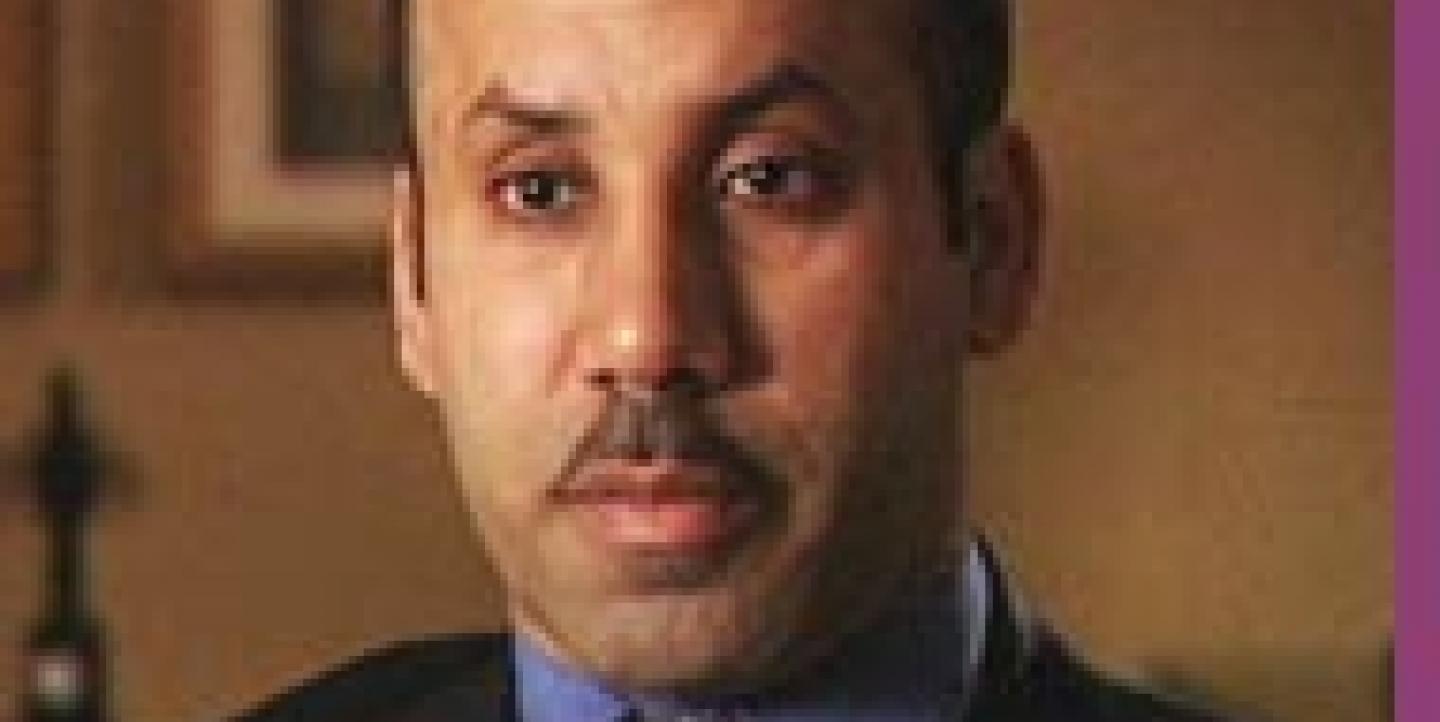To challenge Saudi Arabia's ban on women driving, activists this summer got behind the wheel -- and in front of their computer and smart phone screens with a social media campaign.
But it wasn't only women agitating for their right to drive. In fact, it was a man who launched the campaign, Saudi Women for Driving on Facebook, Twitter and YouTube to support “Women Driver’s Day,”.
That man, Ali AlAhmad, is a Saudi journalist, researcher, activist and expert in Saudi political affairs and Saudi-American relations. He's broken well-known stories including the murder of Wall Street reporter Daniel Pearl.
AlAhmad, who has taught his sisters and friends to drive, launched the campaign to drum up international support for Saudi women. He videotaped messages of support from women around the world.
IJNet talked with AlAhmad in Washington D.C. about the campaign.
IJNet: When and why did you decide to organize the Saudi Women’s Driving Campaign?
I decided to organize the campaign right after Manal AlSharief’s arrest for challenging the driving ban on women. I thought the campaign would encourage more Saudi women to break the ban and start driving publicly.
IJNet: Why did you use social media to promote the campaign?
I think social media is the most effective medium in countries that lack freedom of expression where traditional media does not reflect the real concerns of people.
IJNet: A Saudi male organizes a campaign that supports women’s rights. How did that happen?
The women’s driving campaign will not help only females but also males. The more we allow women to practice their rights and become more independent, the more women will share responsibilities with men and the easier life becomes for both of us. The campaign encourages women to make a choice and decide whether they want to drive or not. I support this action of making a choice and taking a decision.
IJNet: Do you know of any other men who supported the campaign?
The husbands, brothers, or sons of some Saudi women who took on the streets and started their engines accompanied them and/or videotaped while they were driving.
IJNet: How did using social media help the campaign?
I cannot think of any other way I could have done it if I did not use social media. The government can block websites whose content contradicts with their policy. On the other hand, they cannot block Facebook, Twitter, or YouTube because they do not want to ruin their image in front of the world.
IJNet: Do you think people’s reliance on social media reflects their distrust of traditional media?
In countries like Saudi Arabia, no one relies on official TV stations or on traditional media anymore. Saudis now get news from social media because it is the only place where they can get away from heavy censorship. People feel that traditional media is outdated because it does not reflect their concerns and their views. Not only that, people feel that the official media is fooling them.
For more stories like this one, sign up for our free weekly newsletter.

